
A host of crucial issues faces America today, including the eroding credibility of major institutions such as government and the media, climate change, a hyper-polarized society, income inequality, booming debt and a rise in loneliness and depression.
But if I had to pick one fundamental issue, one that most impacts the others, I’d pick the state of free speech. In recent years, this basic all-American freedom has been under assault by well-meaning dissenters, most notably on college campuses, who have focused on the side effects of free speech rather than its inherent value.
Maybe this was bound to happen. After all, the United States has some of the most liberal free speech laws in the world. Many people are shocked to learn that the First Amendment protects hate speech. So what speech is not protected? Primarily, speech that incites violence such as a physical threat or the well-known example of shouting “fire” inside a crowded theater.
Americans generally have the right to offend one another without the fear of being prosecuted. Ku Klux Klan members are free to march, burn crosses at rallies and spew their bigotry. This ugliness is the price we’ve had to pay for our cherished freedom.
But there’s a problem: Our world is changing. As an evolving society, we are becoming more inclusive and sensitive to people’s feelings of alienation. Inclusivity is giving free speech a run for its money. At such a moment in time, the First Amendment’s protection of offensive speech has come to feel downright un-American.
As an evolving society, we are becoming more inclusive and sensitive to people’s feelings of alienation. Inclusivity is giving free speech a run for its money.
That feeling is acute on college campuses. Many universities have bent over backward to accommodate students who refuse to be exposed to any speech they find hurtful and offensive. A whole new vocabulary has sprung up around these efforts, such as “microaggressions,” “safe spaces” and “trigger warnings.”
As a result, a vexing paradox has emerged: The place where free speech ought to be most vibrant and tolerated — the university campus — has become the place where it is most besieged. How universities navigate this paradox will help shape the future of America’s most fundamental freedom. Universities, which nurture and educate our future leaders, now are the social laboratories where free speech is being pushed and pulled and fought over.
A vexing paradox has emerged: The place where free speech ought to be most vibrant and tolerated — the university campus — has become the place where it is the most besieged.
Will free speech succumb to the assault from the “I have a right to not be offended” crowd? Or will it find a way to coexist with a popular and noble value such as inclusiveness?
One man who believes these two values can work together is Princeton University President Christopher L. Eisgruber. I was introduced to Eisgruber a few months ago and we chatted on the phone about this subject. It was clear from our talk that free speech and inclusiveness are issues dear to his heart and he’s given them plenty of thought.
After our conversation, I followed his writings and was struck by a remarkable keynote address he delivered Nov. 12 at the University of Pennsylvania Law School, titled “Contested Civility: Free Speech and Inclusivity on Campus.” Eisgruber added complexity to a subject I’ve always seen as pretty stark. I’m a free speech absolutist: Either we’re free to offend or we’re not. Either we tolerate hateful views or we don’t. Yes, free speech comes at a high cost, but all things considered, it’s priceless.
Eisgruber went in a more nuanced direction, focusing on ideals rather than legal doctrine. From the start, he telegraphed his attempt to thread the needle between two seemingly opposite values. He stated: “My first and principal claim is that public debate and, to a lesser but real extent, scholarly commentary have unnecessarily pitted free speech and inclusivity against one another. If rightly understood, free speech and inclusivity are both essential aspects of the university’s mission, and they are also often, though not always, complementary and mutually reinforcing ideals.”
How can free speech and inclusivity become “mutually reinforcing ideals”?

Eisgruber introduced a unifying idea to help answer that question. Instead of fighting over “free speech versus no free speech,” he suggested we take a step back and look at “truth-seeking,” and view universities as “truth-seeking institutions.”
This is a compelling reframing if for no other reason than everyone ought to support a search for truth.
Instead of fighting over “free speech versus no free speech,” [Eisgruber] suggested we take a step back and look at “truth-seeking,” and view universities as “truth-seeking institutions.”
But as Eisgruber acknowledged, this search carries both risk and opportunity: “For universities to carry out their truth-seeking mission effectively, people have to be free to challenge orthodoxies. To do that, they have to be able to state unpopular or heretical opinions without being shouted down, disrupted or disciplined for doing so.”
Truth-seeking requires what Eisgruber calls an “anti-censorship principle.” It requires freedom, not constraints. But the greater the freedom, the greater the amount of speech, both good and bad. In that spirit, Eisgruber summarized the famous quote from Justice Louis Brandeis: “The remedy for bad speech is more speech, not censorship.”
For a free speech junkie like yours truly, that should have been the end of it. We assert the extraordinary value of one of life’s greatest freedoms and move on.
Eisgruber, though, didn’t move on. He went deeper. For all his profound respect for the freedom to express “unpopular or heretical opinions,” he has a deep respect for civility and for creating an atmosphere where all students can feel included.
That’s where his truth-seeking is most helpful — it justifies a rational limit to the anti-censorship principle. As he states: “The anti-censorship principle does not by itself achieve effective truth-seeking discussion, nor in fact is the unqualified application of that principle even consistent with the practice of truth-seeking, which requires standards and processes to discriminate between truth and falsehood.”
In other words, freedom of speech, for all its noble value, is not necessarily conducive to finding truth. To do so, it needs accepted standards and processes. He illustrated this point with some clear examples:
“Anyone may stand out on Locust Walk and declare that the United States Constitution has no application within the state of Pennsylvania, or that the Supreme Court has original jurisdiction over any lawsuit filed by a college or university. No one should, however, expect these views to earn them good grades in a federal courts class or a faculty appointment at the law school.”
Eisgruber was alluding to a very Jewish idea. In Jewish tradition, freedom is not as valued as the boundaries of freedom, and how we must act and search for truth within those boundaries.
Anti-censorship is a boundary. The search for truth narrows that boundary. Should the boundary shift further depending on the environment? Should the classroom, which is governed by academic standards, be treated differently than the rest of the campus, where “an ethic of unfettered debate should prevail”?
Eisgruber eschewed that notion, arguing for a more holistic approach: “The anti-censorship principle and professional academic standards should not be regarded as two parallel and separate domains that happen to coexist on college campuses; they are instead two among many discursive models that contribute to the achievement of a larger ideal for campus speech.”
This larger ideal, as he expressed it, is that “universities should foster rigorous, constructive, truth-seeking discussions about questions of consequence.”
This is the language that aims to reconcile free speech and inclusivity. “Rigorous” and “constructive” discussions are not emotional, Twitter-friendly terms; they are objective, inclusive ones, as are “questions of consequence.” We are free to claim the U.S. Constitution is not applicable in Pennsylvania or California but that is so utterly false it is not a question of consequence.
This larger ideal, as he expressed it, is that “universities should foster rigorous, constructive, truth-seeking discussions about questions of consequence.”
Indeed, not every question is created equal.
“In addition to permitting people to speak freely, we should study questions that matter, not just any questions; we should proceed according to standards and with methods likely to distinguish better arguments from worse ones,” Eisgruber stated.
In that common and earnest search for truth, we’re more likely, as he said, to “treat one another with the kind of courtesy and respect that allow us to learn from each other, despite our differences in both viewpoint and background.”
It’s as if Eisgruber has metaphorically repositioned the free speech debate by presenting an extravagant buffet where everyone is free to choose whatever they want to eat — yet simultaneously, he makes an impassioned plea to not settle for the “popular” junk food and consider items that promote health, experimentation and communal well-being. Of course, he also reminds us that bad manners and food fights can cause indigestion:
“A forum in which people hurl nasty provocations at one another may be entirely compliant with the anti-censorship principle but grossly inconsistent with the speech ideal I have described.”
This “speech ideal” is where Eisgruber delivers on his promise to marry free speech with inclusivity. If the ideal revolves around the search for truth, the greater the inclusion of different voices, the deeper and broader that search will be. As he says:
“To maximize the value of campus discussion, colleges and universities must be able to attract talented people from all backgrounds, and all people on campus must feel able to participate in the conversation. The conversation will be better — that is, it will be more rigorous, more constructive and more likely to address questions of consequence — if it includes contributions from people with a wide variety of perspectives and experiences.”
If the ideal revolves around the search for truth, the greater the inclusion of different voices, the deeper and broader that search will be.
In sum, Eisgruber has studied the changing social landscape and laid out a path to a “better conception” of free speech — what one might call “Free Speech 2.0.”
He’s not naïve about its prospects. While not playing the alarmist card, he recognizes there have been “egregious, disturbing and widely publicized departures” from the anti-censorship principle, suggesting the pendulum has swung too far in one direction.
Eisgruber must have great patience and empathy to deal with some of today’s activists. It’s hard for me to muster much admiration for students who heckle speakers until they’re forced to leave or intimidate administrators into canceling events, as is happening at various campuses.
I find the woke definition of a safe space — a place where one is free from speech that may offend them — a sad development. Maybe it’s because I have a daughter living in Israel who has an entirely different conception of a safe space: a concrete bunker that will protect her from terrorists’ rockets.
I was born in the Third World, where a newspaper column criticizing a leader likely would earn me a visit from someone in a uniform. In America, I have written the sharpest criticism against presidents and other powerful leaders, and at no time has any official knocked on my door.
This freedom, for me, is as vital as oxygen. When I see racist, vile speech that disgusts me, I remind myself it’s the price I have to pay for the freedom to speak my piece. I remind myself that “the remedy for bad speech is more speech, not censorship.”
Today, however, many activists feel the remedy is less speech, so they’ll bully those whose ideas they can’t stand. That’s when the poisonous trend of self-censorship kicks in. People silence themselves because it’s simply not worth the risk of consequences.
Today, many activists feel the remedy is less speech, so they’ll bully those whose ideas they can’t stand. That’s when the poisonous trend of self-censorship kicks in.
I’m grateful Eisgruber is more patient than I am. In his position as a leader of an Ivy League school, he can’t afford to shy away from a subject as essential as free speech. His insightful and courageous dissection of what has become a highly divisive issue is precisely what is needed at the moment.
He has a talent for reframing delicate issues in a way that makes them more palatable. In his address, he gave an example from 2018 of a charged incident connected to race.
In a course named “Cultural Freedoms: Hate Speech, Blasphemy and Pornography,” a Princeton professor mentioned the most incendiary racial slur in the American language. As Eisgruber describes it, “a student in the class said that the slur offended him and asked the professor not to repeat it. The professor refused, saying he believed it necessary to state the slur explicitly so that students would comprehend the full, provocative force of the word. And comprehend it, they did.
“Several students became angry, left the classroom, returned to confront the professor and walked out again. They complained to the administration about his repetition of the slur.
“Both the anti-censorship principle and principles of academic freedom protect a professor’s decision to quote the slur for pedagogical purposes. I immediately affirmed his right to do so, as did his department chair … who wrote a letter to the student newspaper defending not only the professor’s pedagogical rights but also his character as a person and the value of his course.”
Here, again, Eisgruber didn’t settle for simply defending anti-censorship. He went deeper, trying to better understand the grievance:
“Students do sometimes phrase their objections to racial slurs or other language in terms of the ‘pain’ they feel, and that formulation lends credence to the view that the issue arises out of their sensitivity.
“The argument I have laid out suggests that the point might be reformulated to emphasize dignity rather than pain. The critical question, in my view, is whether explicit mention of the word shows appropriate respect for all members of a campus community and thereby promotes the likelihood of constructive dialogue among people of different backgrounds, rather than whether it makes someone feel bad.”
Dignity and inclusion, he suggests, are not just wonderful human values, they are values in the service of constructive speech that seeks the truth.
If Free Speech 2.0 has any chance of gaining traction, it will need this kind of supple thinking by college administrators across the country.
Dignity and inclusion are not just wonderful human values, they are values in the service of constructive speech that seeks the truth.
An important part of that supple thinking will be to distinguish between different levels of verbal aggression. Jewish students who support Israel, for example, haven’t had the luxury to complain about microaggressions because they’ve had to brave the macroaggression of the boycott, divestment, sanctions (BDS) movement, which has created a hostile environment for many Jews.
Whether or not one agrees with President Donald Trump’s new executive order against anti-Semitism, any speech that may intimidate people demands a strong response. At the very least, BDS must be subjected to vigorous truth-seeking to expose its blatant discrimination against Jews and the little-known fact that it has done virtually nothing to help Palestinians.
In any event, whether we’re dealing with micro- or macroaggressions, with a fateful presidential election looming in 11 months, we can expect an environment as ugly and emotional as ever. Maybe the path Eisgruber laid out can be battle-tested in the coming year. Imagine universities fostering “rigorous, constructive, truth-seeking discussions” around difficult and divisive issues, even one as difficult as President Trump, arguably the most divisive figure of our time.
One title might be, “Is a Civil, Truth-Seeking Conversation About President Donald Trump Possible?” If that is too much for some, they can start with other divisive issues such as climate change, immigration or income inequality.
The serious problems facing our country today deserve the ideal described by Eisgruber: Free speech that seeks the truth, embraces dissent and honors dignity.
If our besieged First Amendment can withstand and empower such difficult conversations across our changing nation, we’ll be on our way to a healthy Free Speech 2.0. If not, we will wither and shrink, putting our feelings ahead of courage, curiosity and intellectual growth.
The serious problems facing our country today deserve the ideal described by Eisgruber: Free speech that seeks the truth, embraces dissent and honors dignity. Whether our universities can thread that needle and lead the way is the big question.
Read more about Eisgruber here.
David Suissa is the Journal’s publisher and editor-in-chief.








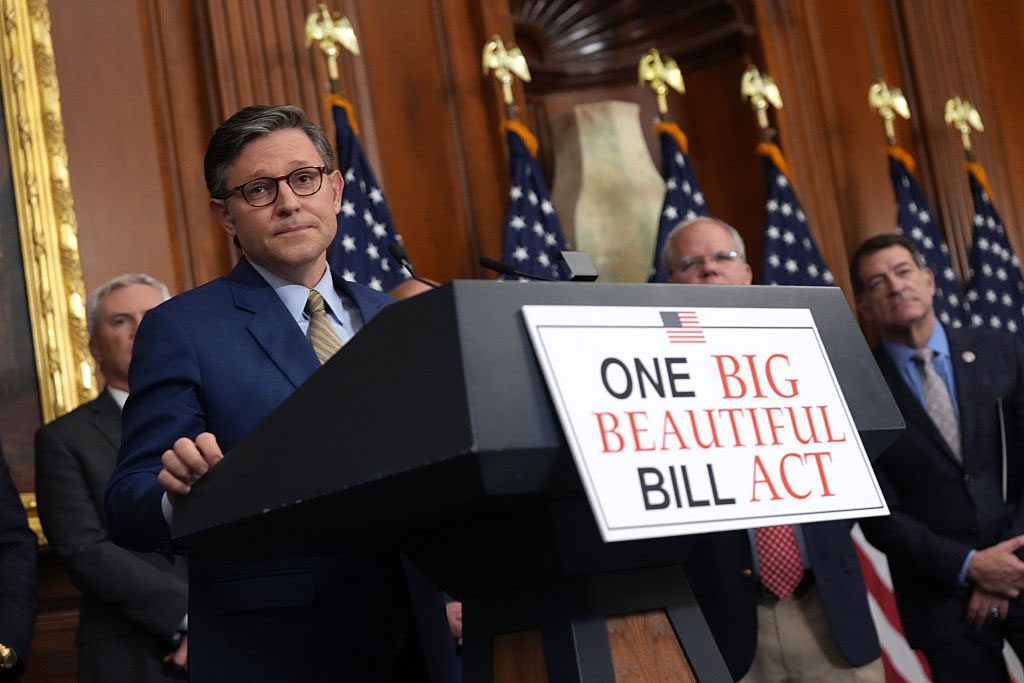
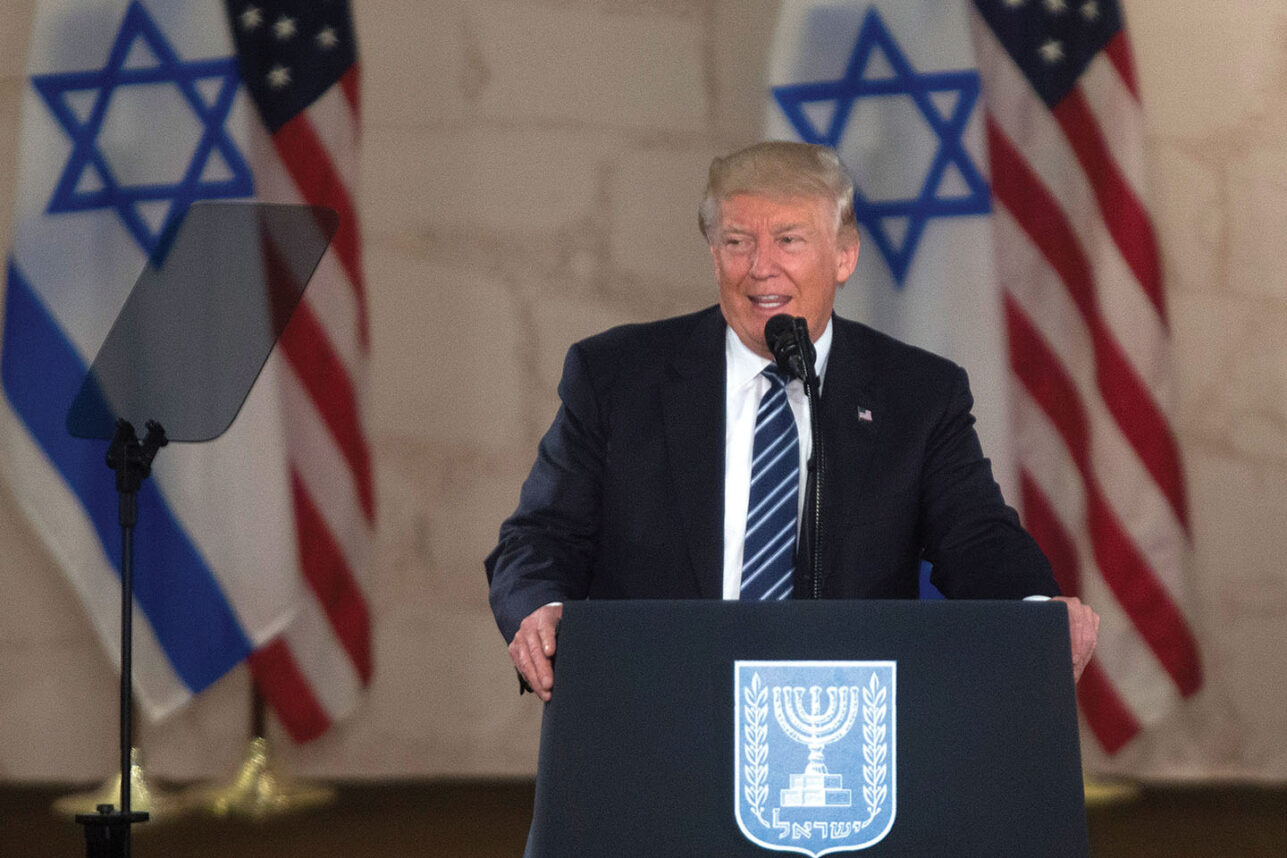
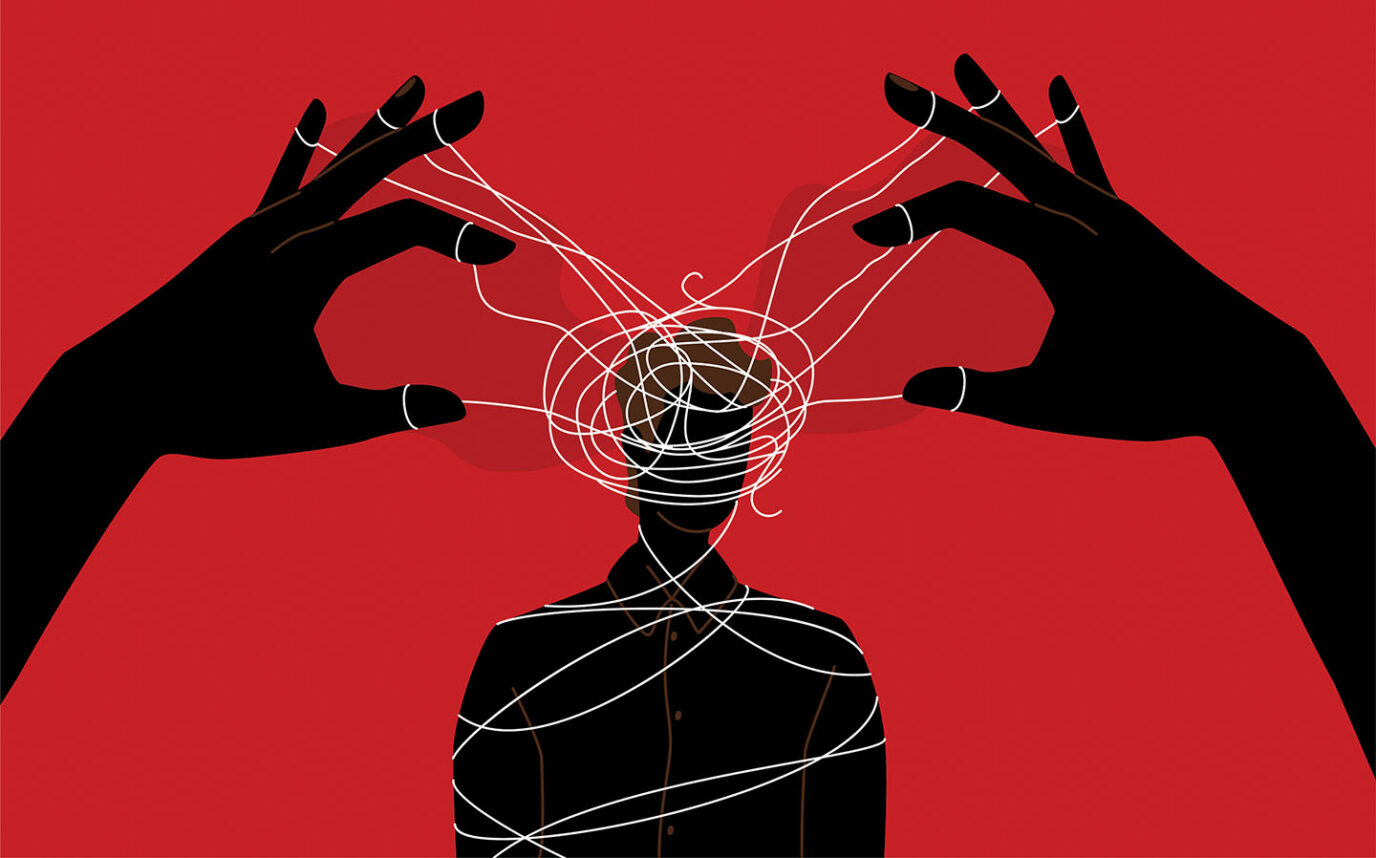
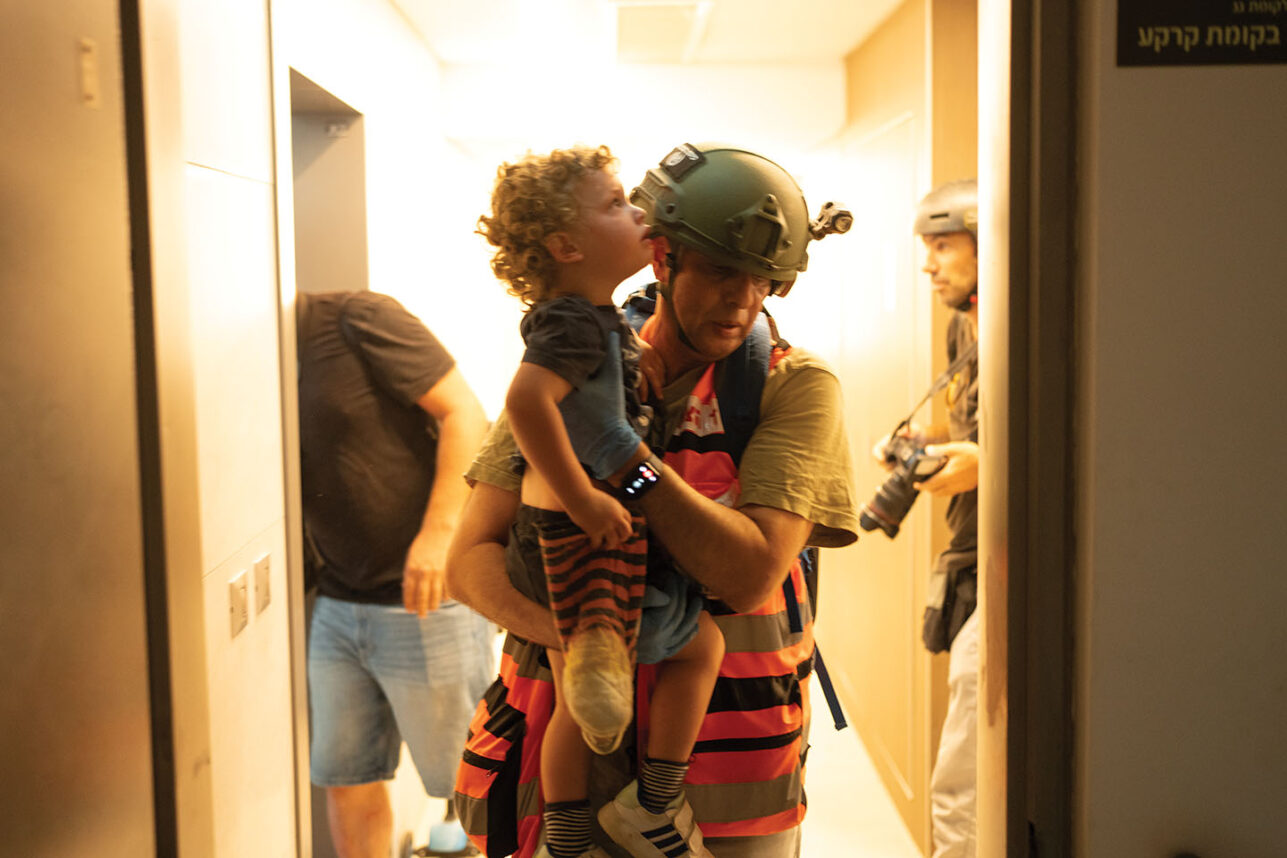



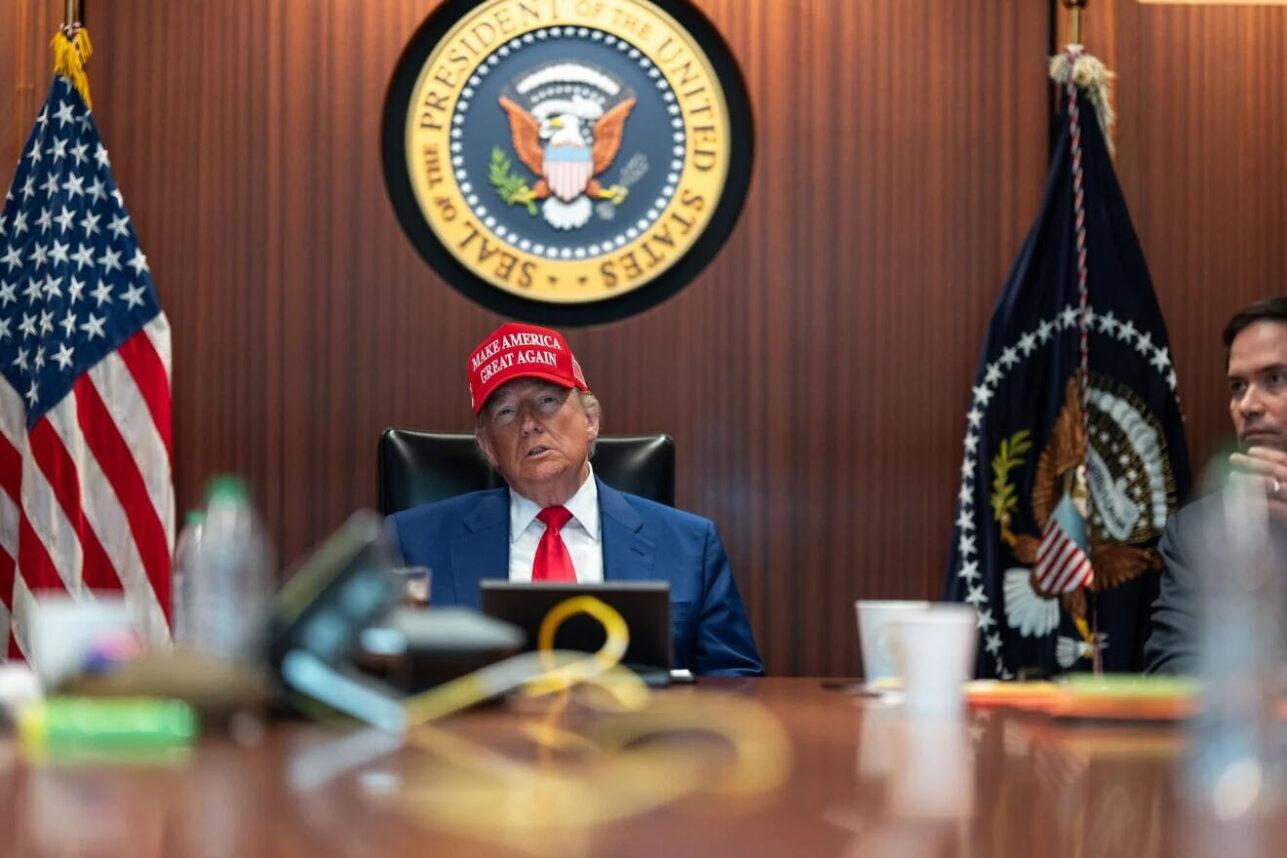
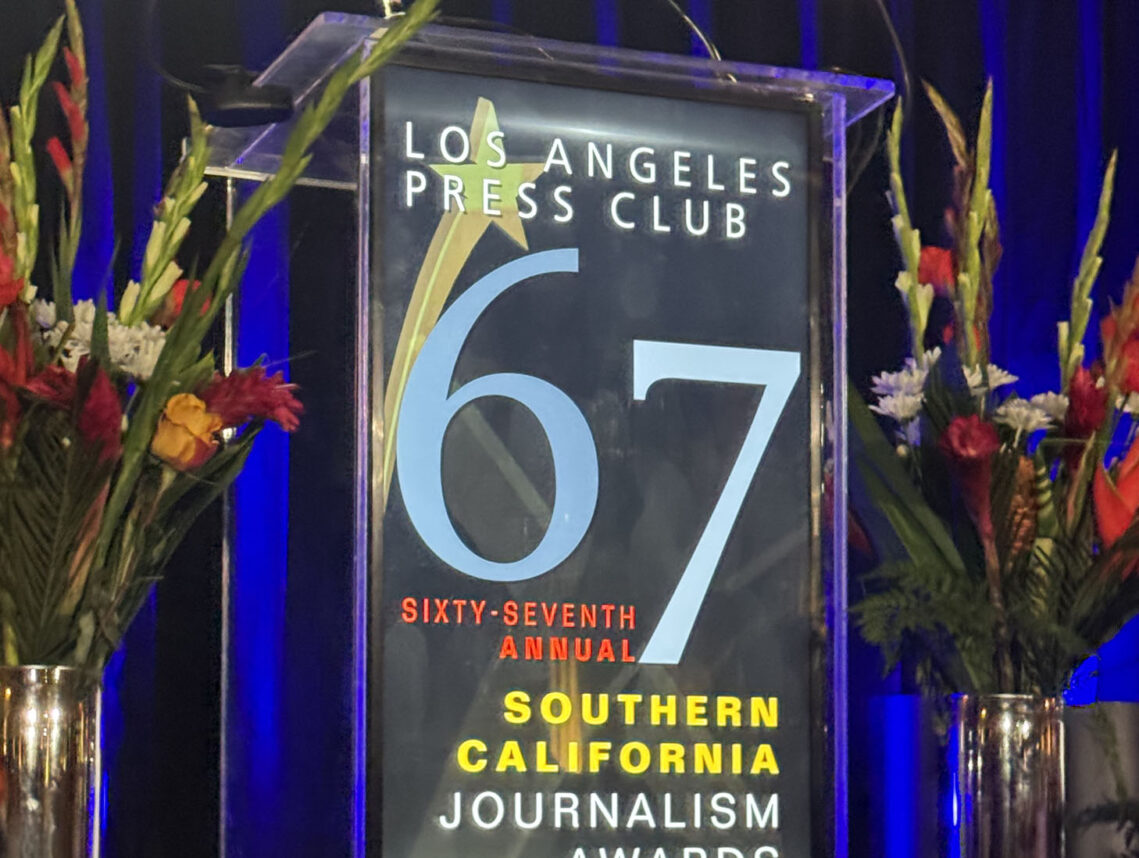
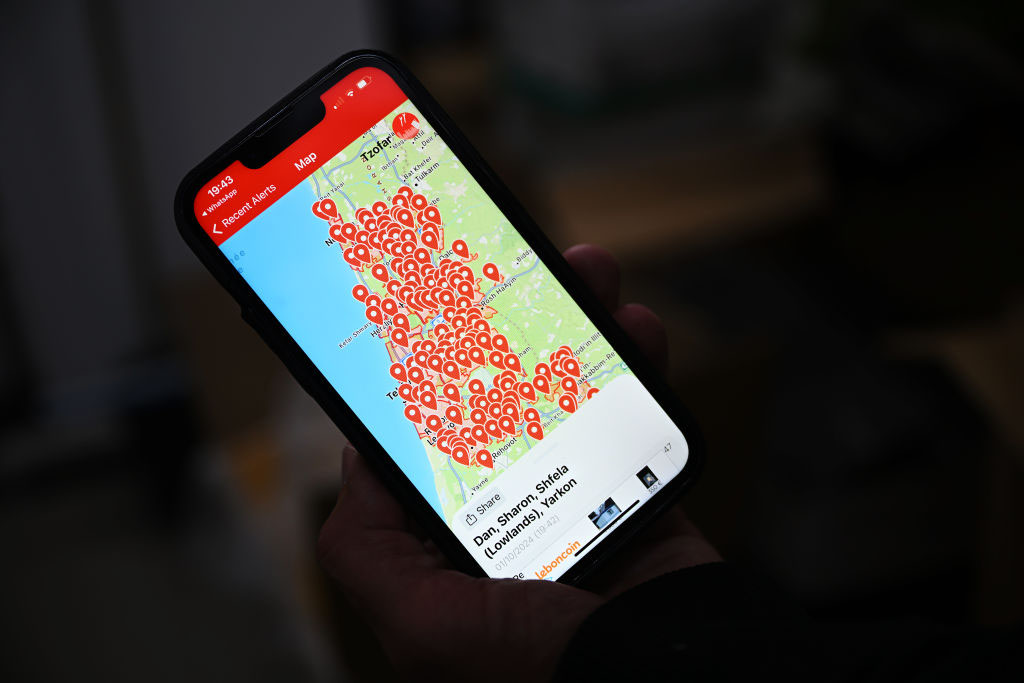
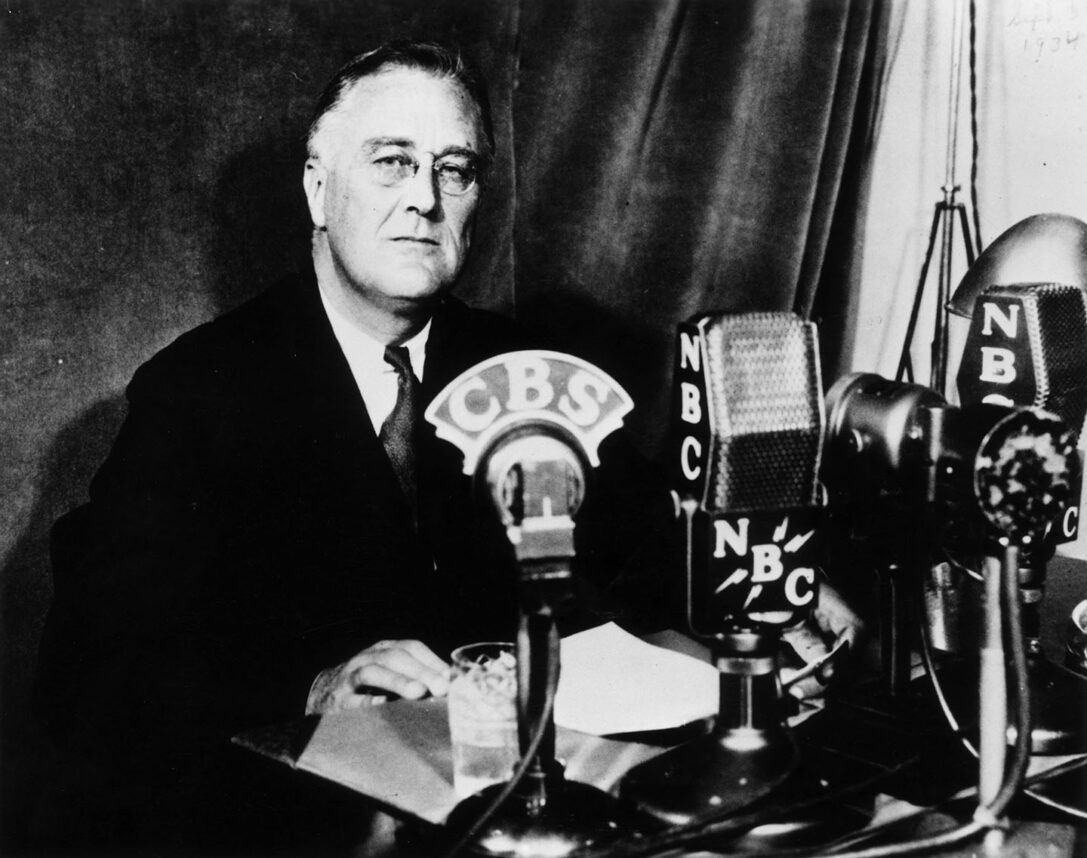
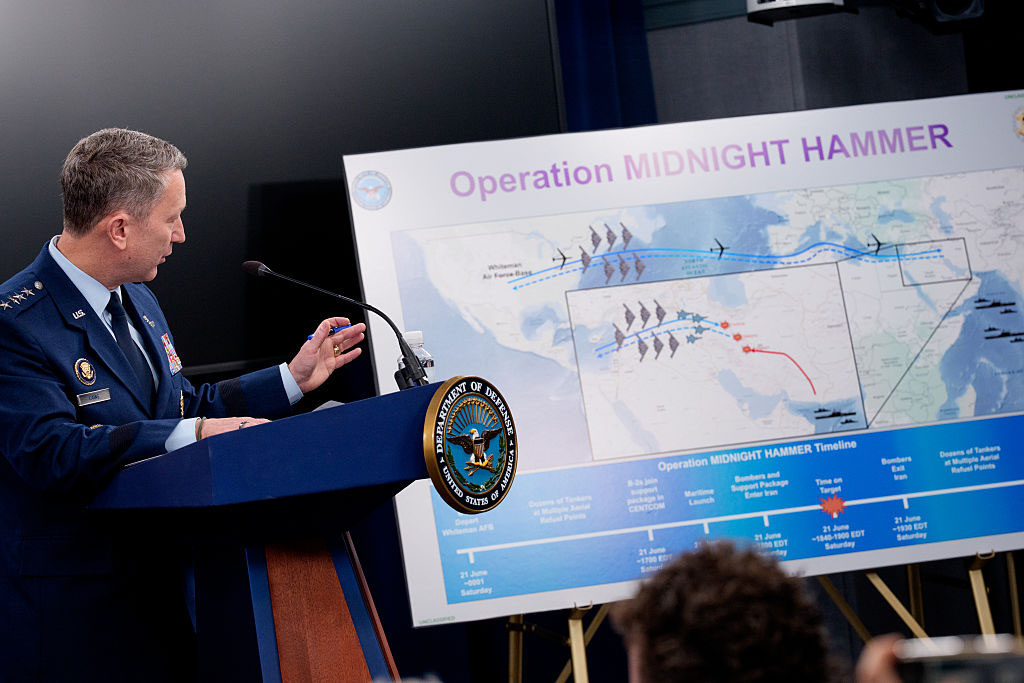
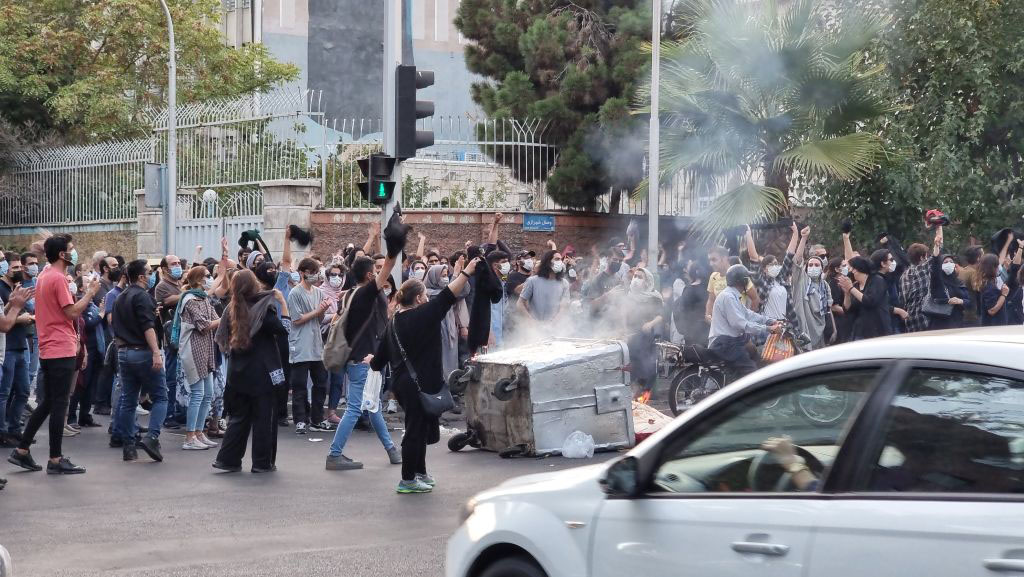
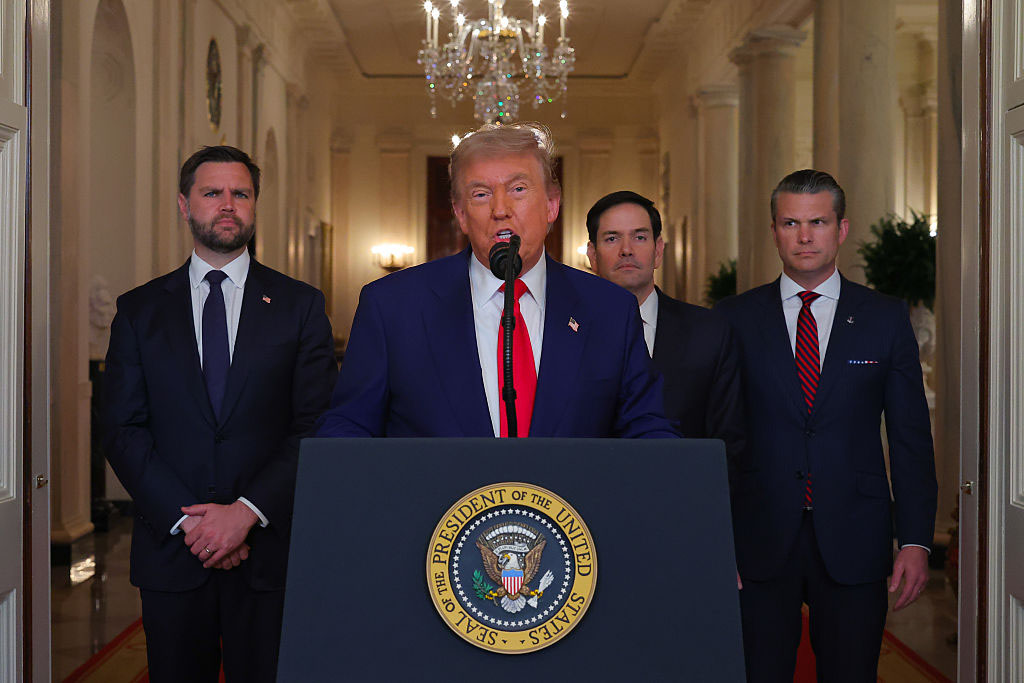
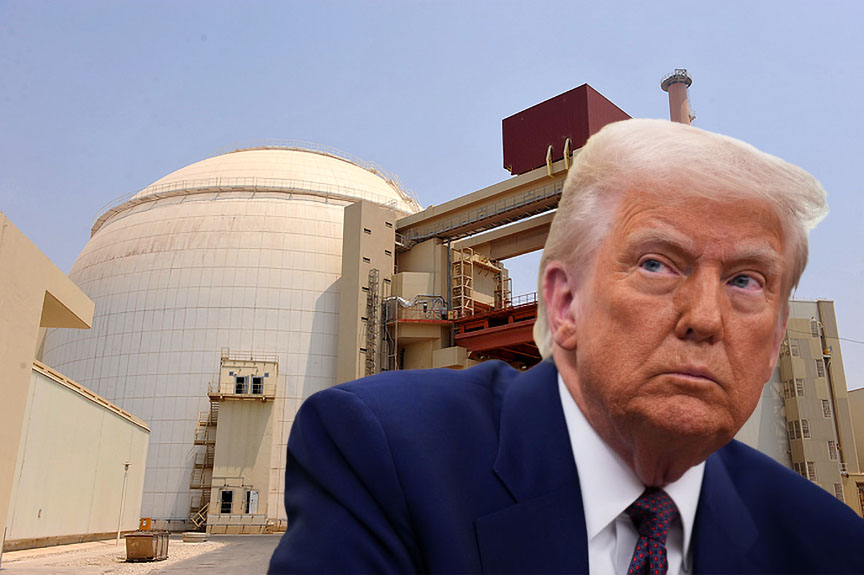

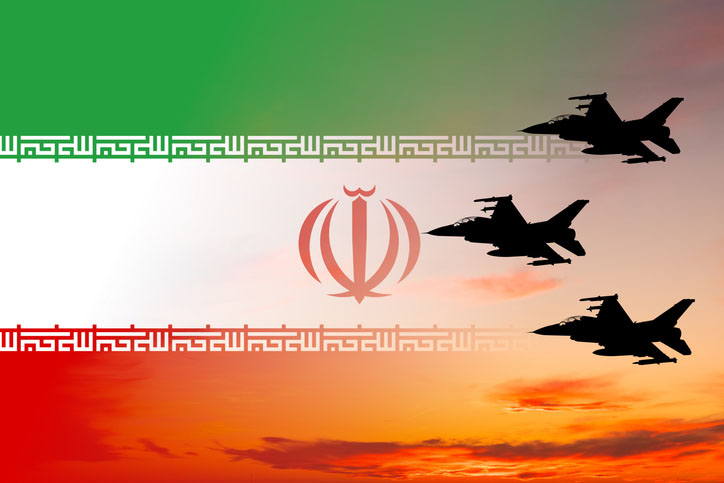


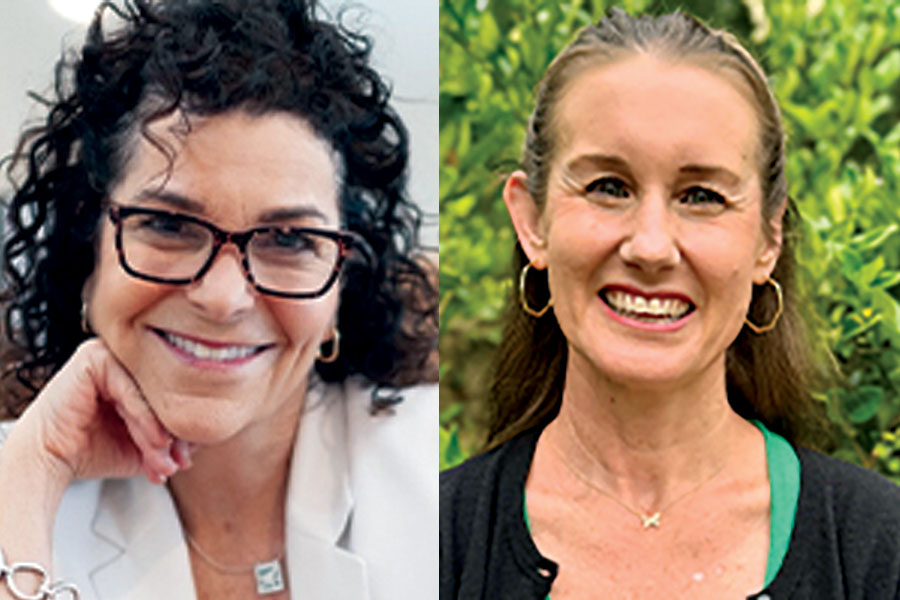
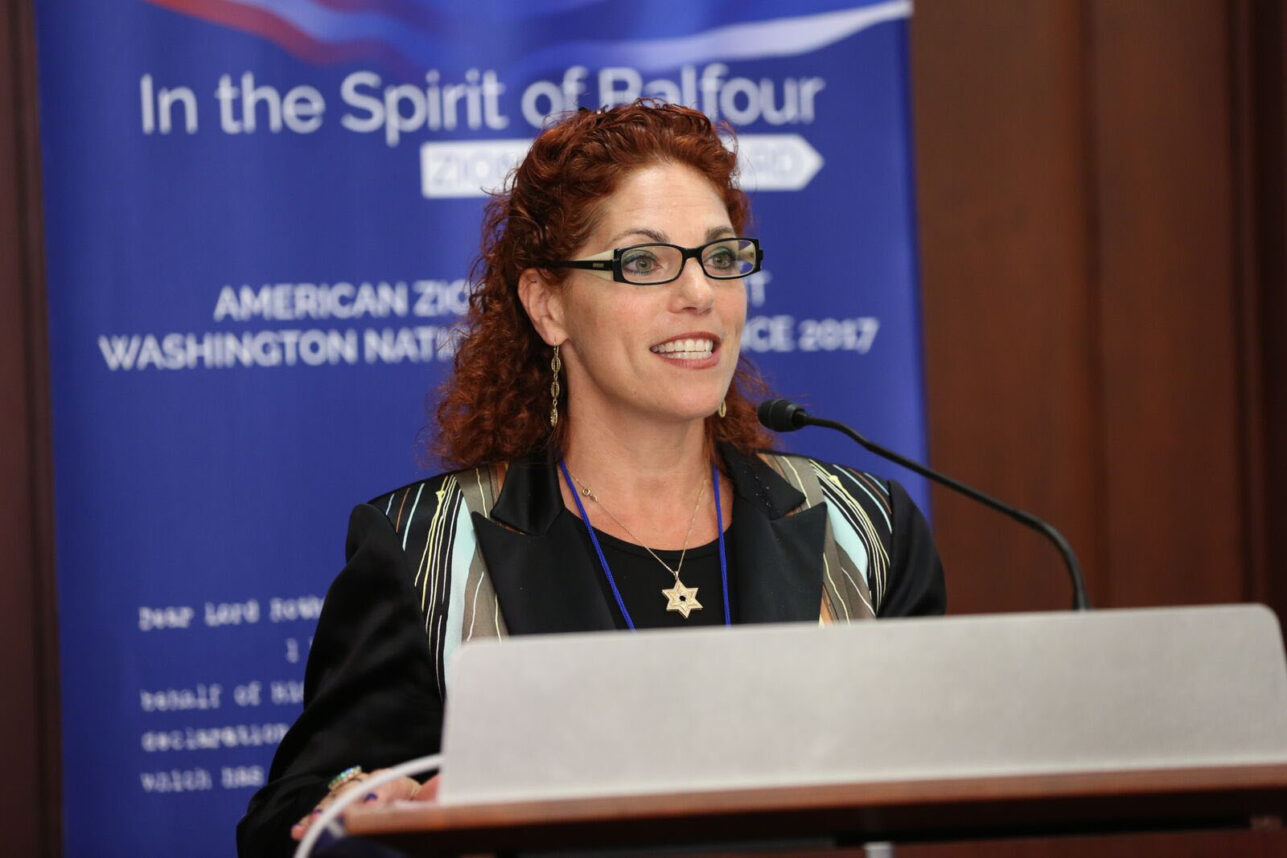
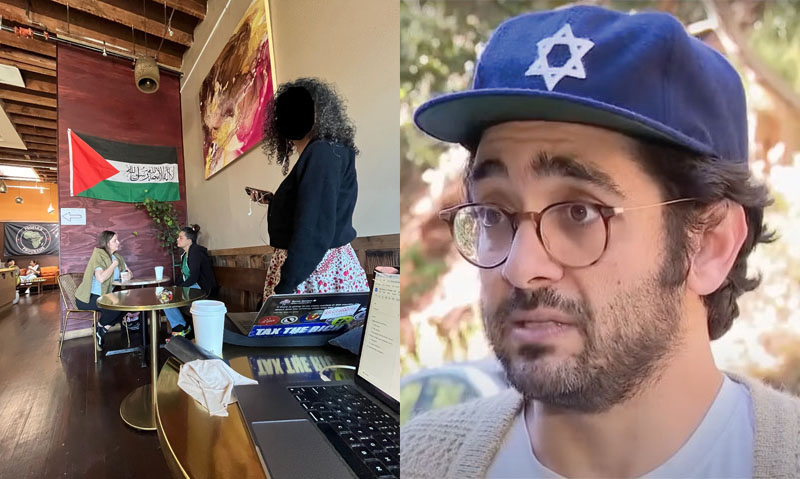


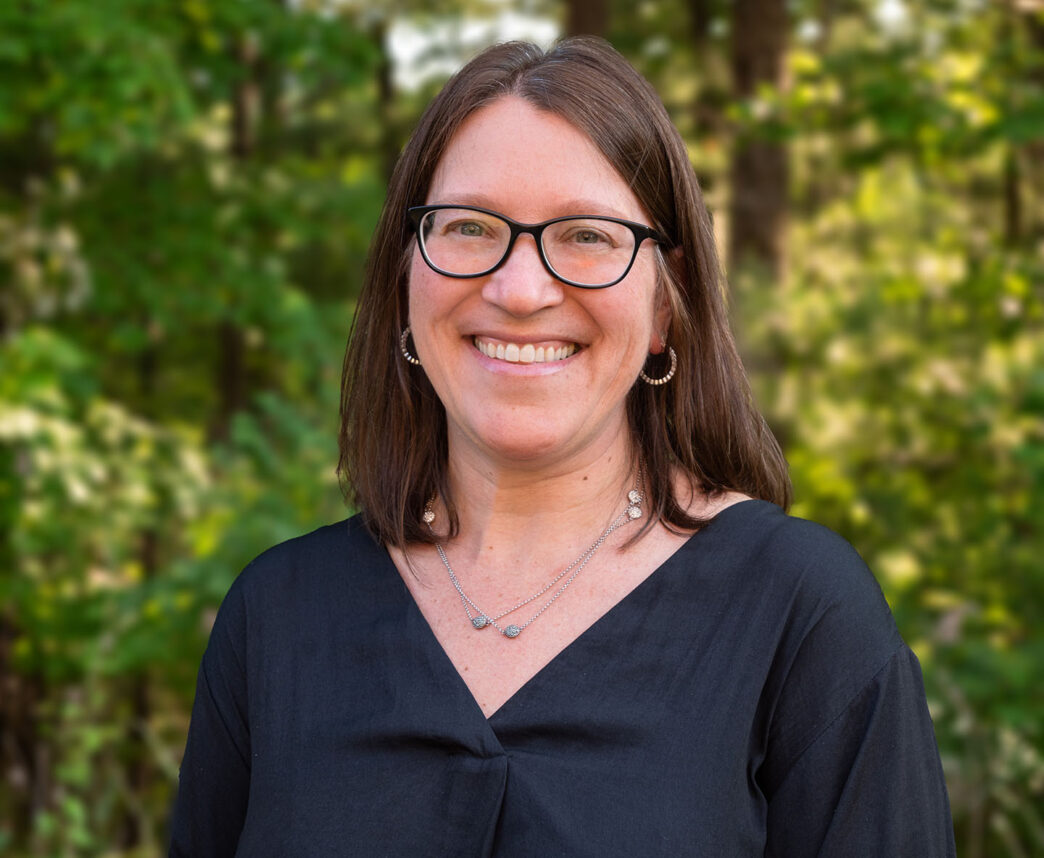

 More news and opinions than at a Shabbat dinner, right in your inbox.
More news and opinions than at a Shabbat dinner, right in your inbox.